From trialling the removal of "likes" from Instagram to taking cues from China's superapp WeChat, Mr Zuckerberg heralded a number of changes to Facebook's broader social network.
Proclaiming "the future is private", Mr Zuckerberg signalled that Facebook's News Feed would be de-emphasised in favour of revamping its messaging app, online marketplace and video-on-demand site.
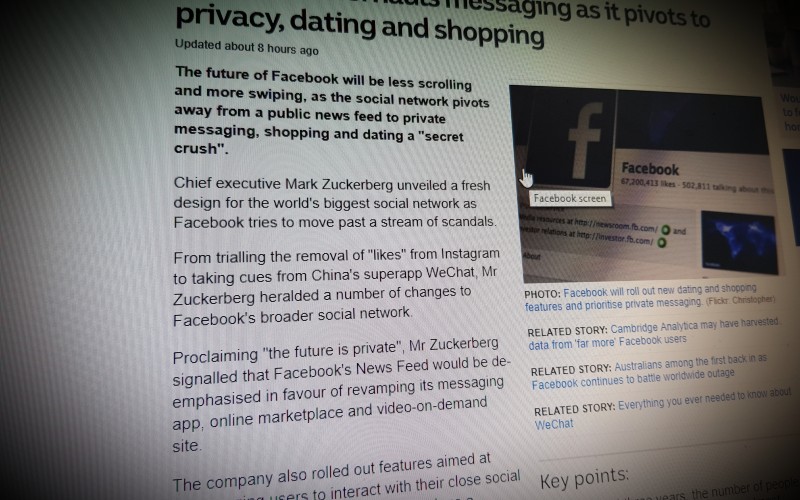
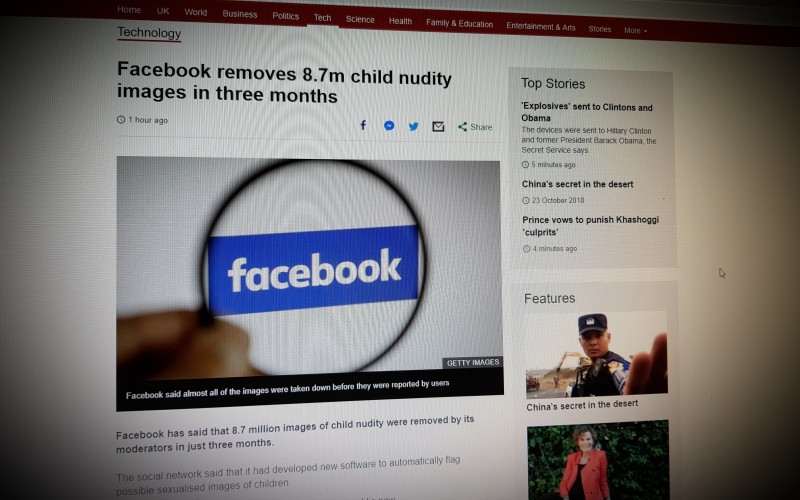
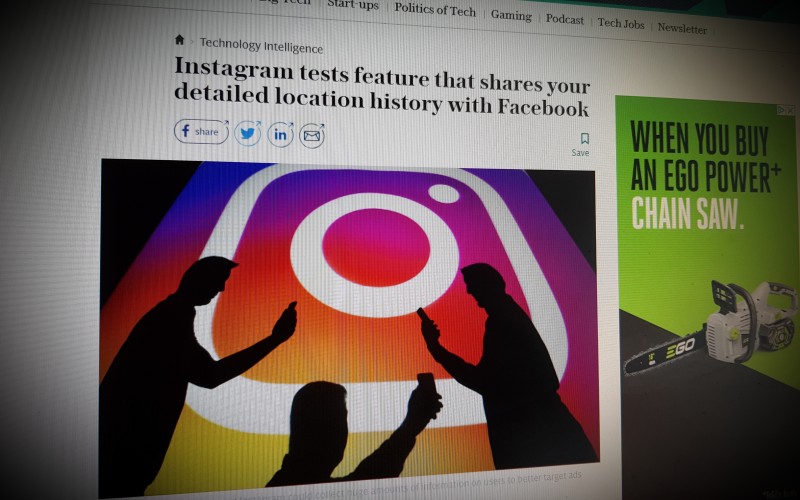
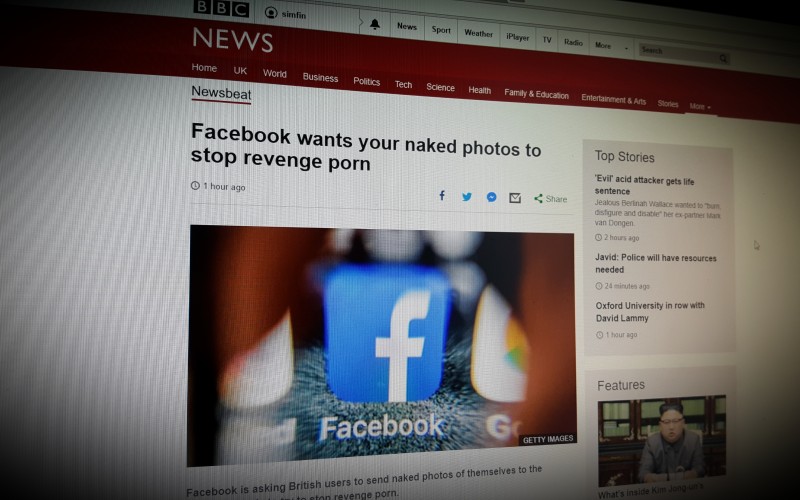
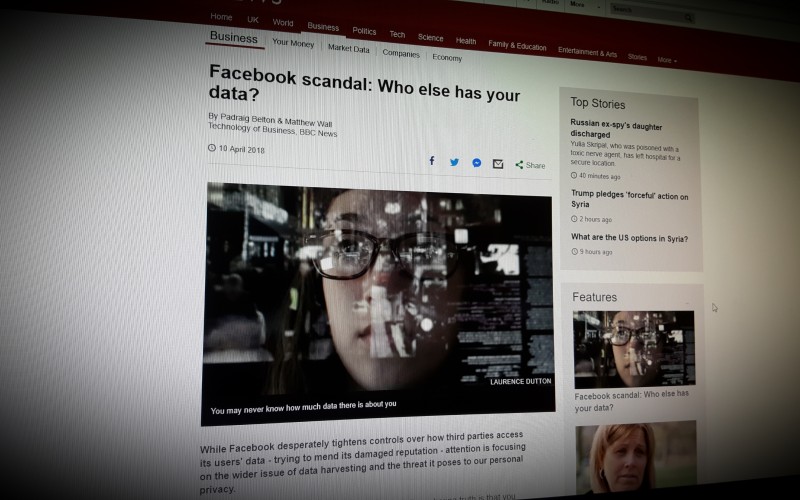
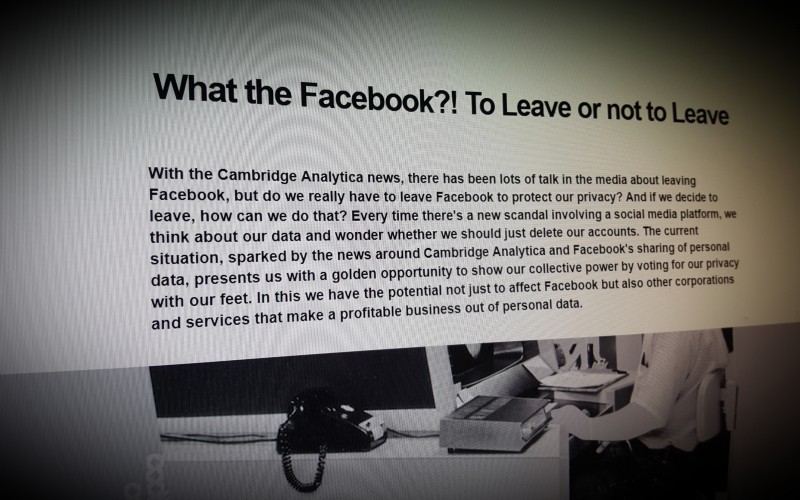
Comments
make a comment